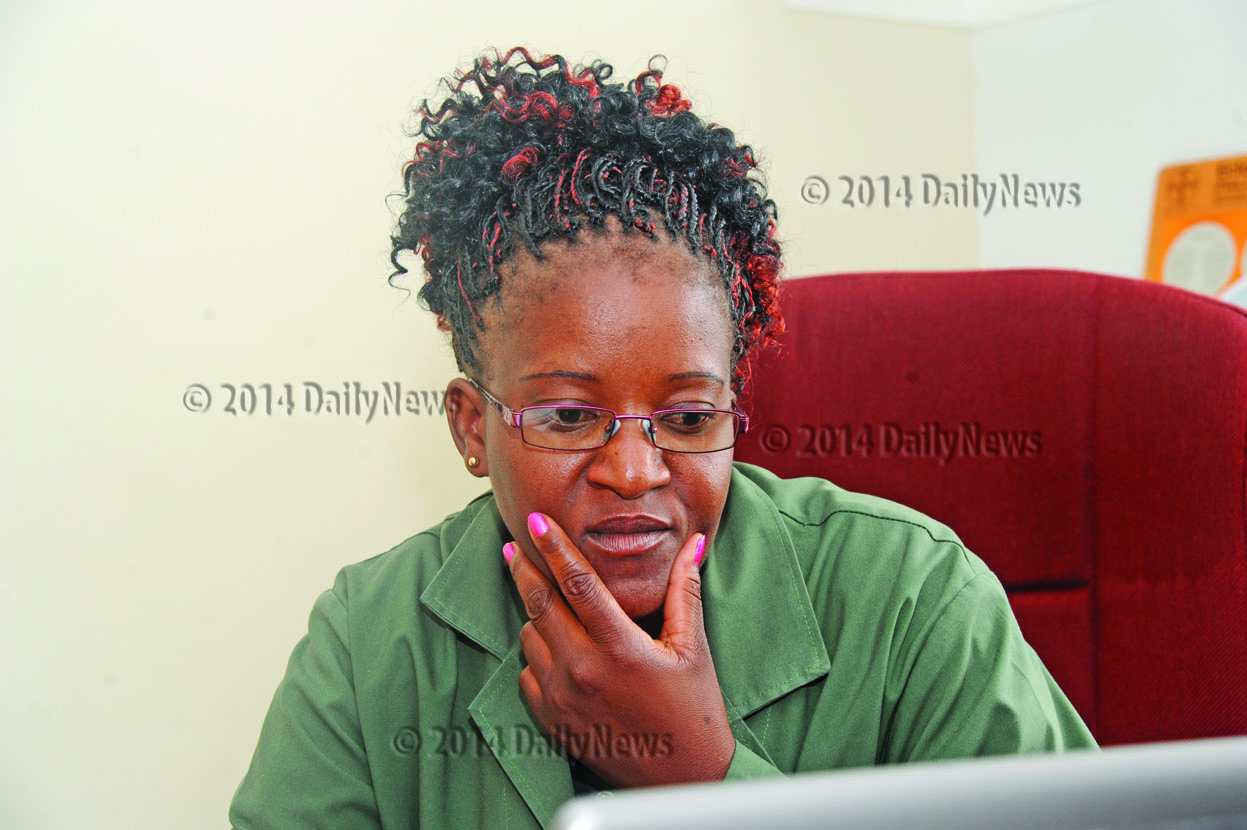Lobu's small stock industry
01 Apr 2014
There is something you cannot ignore about Kgalagadi District - the passion of its people and their prowess as small stock farmers.
There is more to this. Kgalagadi is intensely alive with an astonishing diversity of plants. It has a broad variation of vegetation supporting several savanna types – it is a grass ecosystem characterised by trees, grass and shrub, an unspoilt country-side with low vegetation-covered sand dune grasslands, scrub bush and woodlands.
Its pans fill up with water during the rainy season and contain nutrient-rich soils and salts. This type of terrain is undoubtedly suitable for small stock rearing. Actually it is said the savanna has the greatest diversity of hoofed animals in the world.
Perhaps it was for these reasons that government decided to establish a goat ranch in the area to facilitate improvement of the small stock industry. The Lobu Field Station Ranch was established in 1978 to support the farmers and encourage them to practise good animal husbandry, specifically small stock.
The eight by seven or 10 310 ha Lobu ranch is only eleven kilometers from Khuis village along the Tsabong/Trans-frontier Park Highway and it is home to 834 livestock, comprising 155 boer goats, 91 savanna goats, 21 saanen goats, 488 karakul sheep and 71 dorper sheep.
Within the ranch, in the southern part, are large red dunes which are a spectacle to watch and a challenge to climb if one is not using a four by four vehicle. The other part of the ranch is virgin land still to be exploited.
Although established some years back, Lobu ranch is still as relevant as it was then. Its main purpose when it was established was to breed small stock and sell to farmers by auction. The farm is also used as a training center for farmers.
The ranch is being administered by the Ministry of Agriculture and thus, agriculture scientific officer, Ms Bayapo Raditsebe, says because of their small size, adaptive feeding behaviour and easy to manage, goats are a viable option in the Kgalagadi area.
Small stock is renowned for improving the household cash flow of the rural majority and alleviating challenges of food security.
Ms Raditsebe says apart from cash income, small stock can be a valuable source of milk and meat for the rural poor as they can be kept on one acre of land or even less.
She says they keep Boer goats and dorper for breeding whereas the Saanen goats are kept for milk production to augment the milk from Boer goats for feeding kids as sometimes Boer goats give birth to more than two kids and end up starving.
Ms Raditsebe further explains that the ranch which is divided into 40 paddocks is manned by seven herdsmen.
Apart from training farmers, Lobu ranch also exports pelts; hence the large number of karakul sheep.
The lambs are slaughtered when they are 24 hours old and their skins, called pelts, are sold in Namibian markets.
She says they conduct workshops for karakul farmers in the area and also help them to sell their pelts in Namibia, adding that sometimes it is not viable for an individual farmer to transport their stock to buyers in Namibia.
Ms Raditsebe, however, says since last year they have stopped killing lambs as they are stock piling them for distribution in Khawa village for the beneficiaries of the poverty eradication programme.
She says the Khawa project will be focusing on pelts production once it is well established.
She also says last year they did not auction any livestock but gave them out to some poverty eradication scheme beneficiaries in Khawa village.
All in all, there is no doubt that small stock is doing well in the Kgalagadi district. Although Kgalagadi means place of thirst and covering about 84 per cent of Botswana’s land area, the semi-arid Kgalagadi terrain has its own advantages - all is not lost in that dryness.
It has its own hidden beauty and small stock is one of the businesses to venture into more so that it is resistant to diseases and adaptable in unfavorable grazing circumstances.
The Ministry of Agriculture has now decided to divide the country’s landscape according to agro-ecological capabilities, and one cannot rule out that goat rearing is encouraged in Kgalagadi and it is for the farmers to take advantage of.
The zones are divided on the basis of what they can produce and agro-ecological zoning enables knowledge based decisions for sustainable agricultural development.Ends
Source : BOPA
Author : Aubrey Maswabi
Location : KHUIS
Event : Interview
Date : 01 Apr 2014






